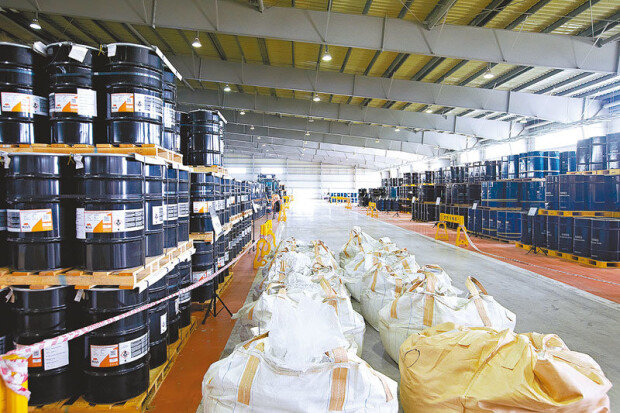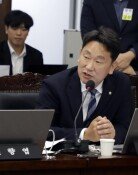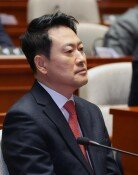S. Korea targets stockpiling 100 days' worth of rare metals
S. Korea targets stockpiling 100 days' worth of rare metals
Posted July. 25, 2023 08:04,
Updated July. 25, 2023 08:04



The South Korean government increased the stockpiling target of rare metals to 100 days of use (180 days for some rare-earth elements and cobalt) for a quick response to a crisis in the global supply chain. However, there is only six days’ worth of lithium reserve, which is used to manufacture secondary batteries, one of the future growth drivers.
Meanwhile, the budget to buy rare metals decreased by about 24 percent this year compared to a year ago. There is a growing voice that the government should have a secure supply of major metals to minimize potential issues that can be faced by companies as countries with metal reserves are weaponizing their resources.
According to the Korea Mine Rehabilitation and Mineral Resources Corporation’s data received by Rep. Lee Jong-bae of the People Power Party on Monday, the lithium reserve as of the end of May was the amount for 5.8 days of use, which is only six percent of the government’s target. If there is any shock to the supply chain, for example, export control by countries exporting lithium to South Korea, the government’s lithium reserve will run out in less than a month. Lithium is a key material for second batteries and is also called ‘white oil.’ According to the International Energy Agency, lithium demand in 2040 is expected to increase by 40 times compared to that in 2020.
The reserve of cobalt, which is used for electric vehicles’ batteries, is only for 12.4 days of use, while the government’s target is 180 days. According to the industry’s calculation, it takes 90 to 100 days on average for companies to run out of their metal inventory and recover the normal level. If China, the biggest cobalt exporter, decides to control its export, the South Korean battery industry may experience issues in production for over two months.
The current gallium reserve was for 40 days of use, which is less than half of the government’s target. The metal, which is used for advanced semiconductors and solar cells for photovoltaic panels, is one of the metals that the Chinese government included in its list of metals subject to export control on July 3. For a Chinese company to export gallium, it should report detailed information about a foreign buyer and get approved by the Ministry of Commerce of China.
What’s problematic is insufficient budget. The Korea Mine Rehabilitation and Mineral Resources Corporation received a government contribution of 37,232 million won this year to purchase rare metals, which is 23.7 percent less than the previous year’s contribution of 48,791 million won. The Ministry of Trade, Industry, and Energy believes that the budget for rare metals should expand to 100 billion won to meet the targets. The Ministry of Trade, Industry and Energy and the Ministry of Economy and Finance are discussing relevant budget expansion.
kalssam35@donga.com







